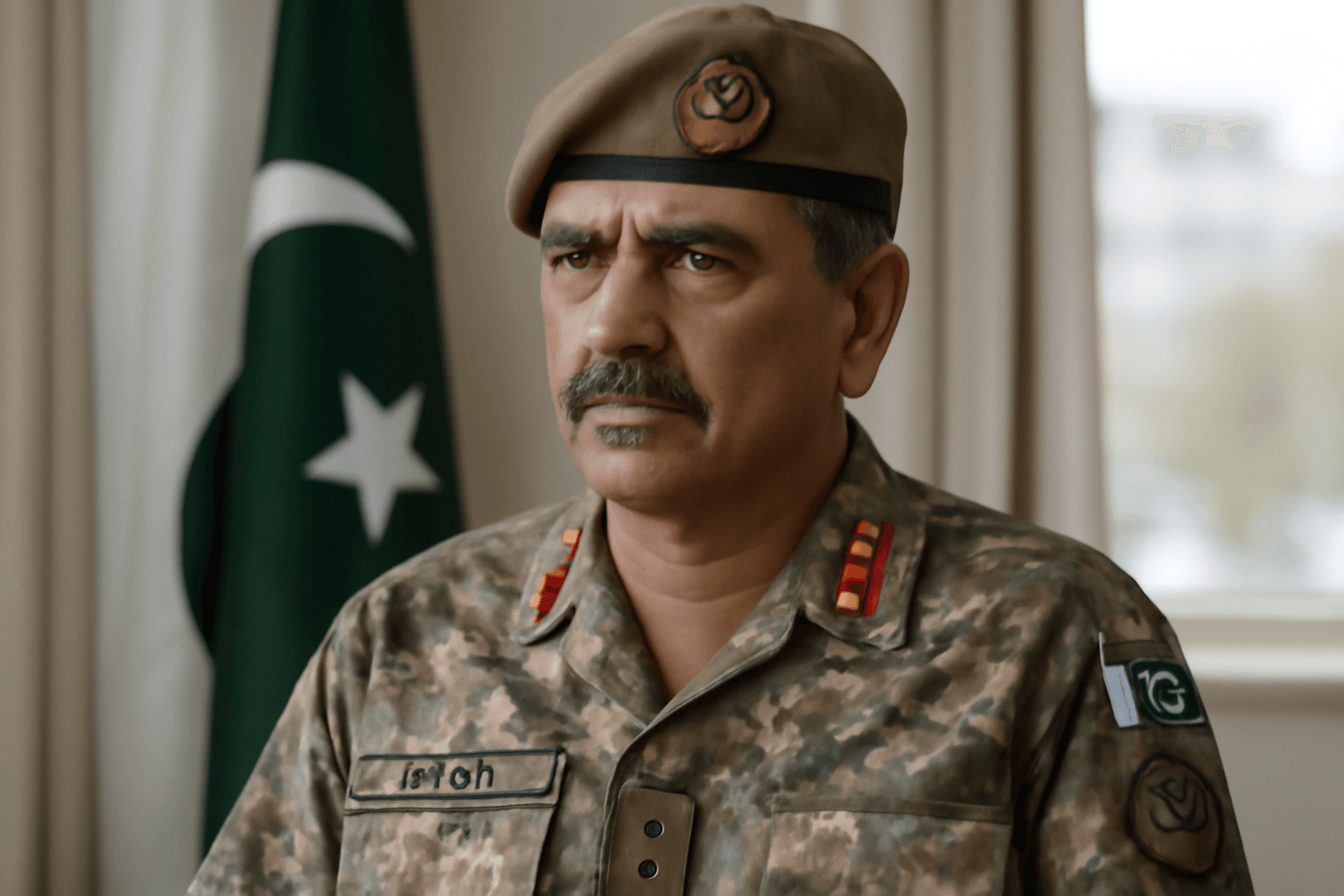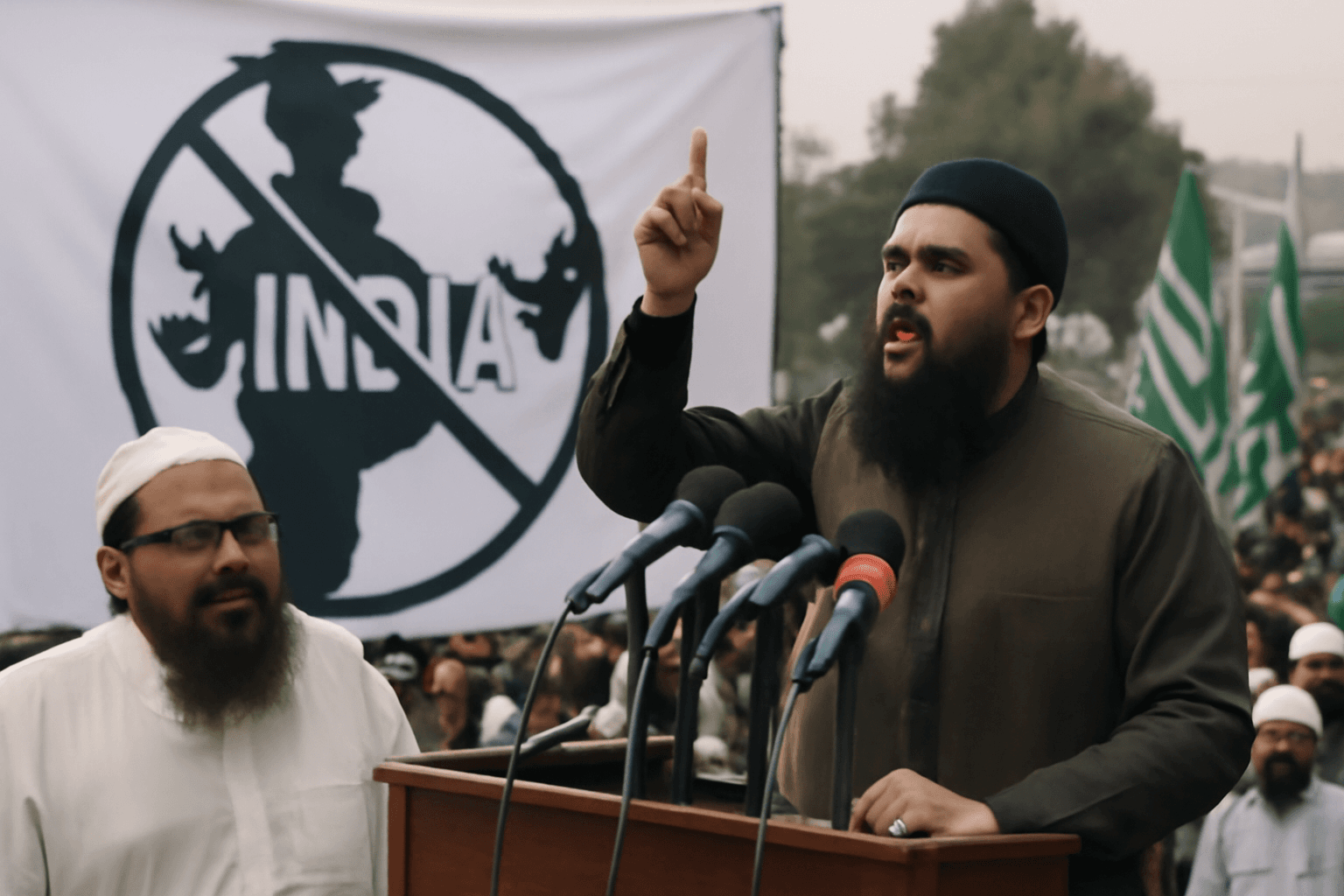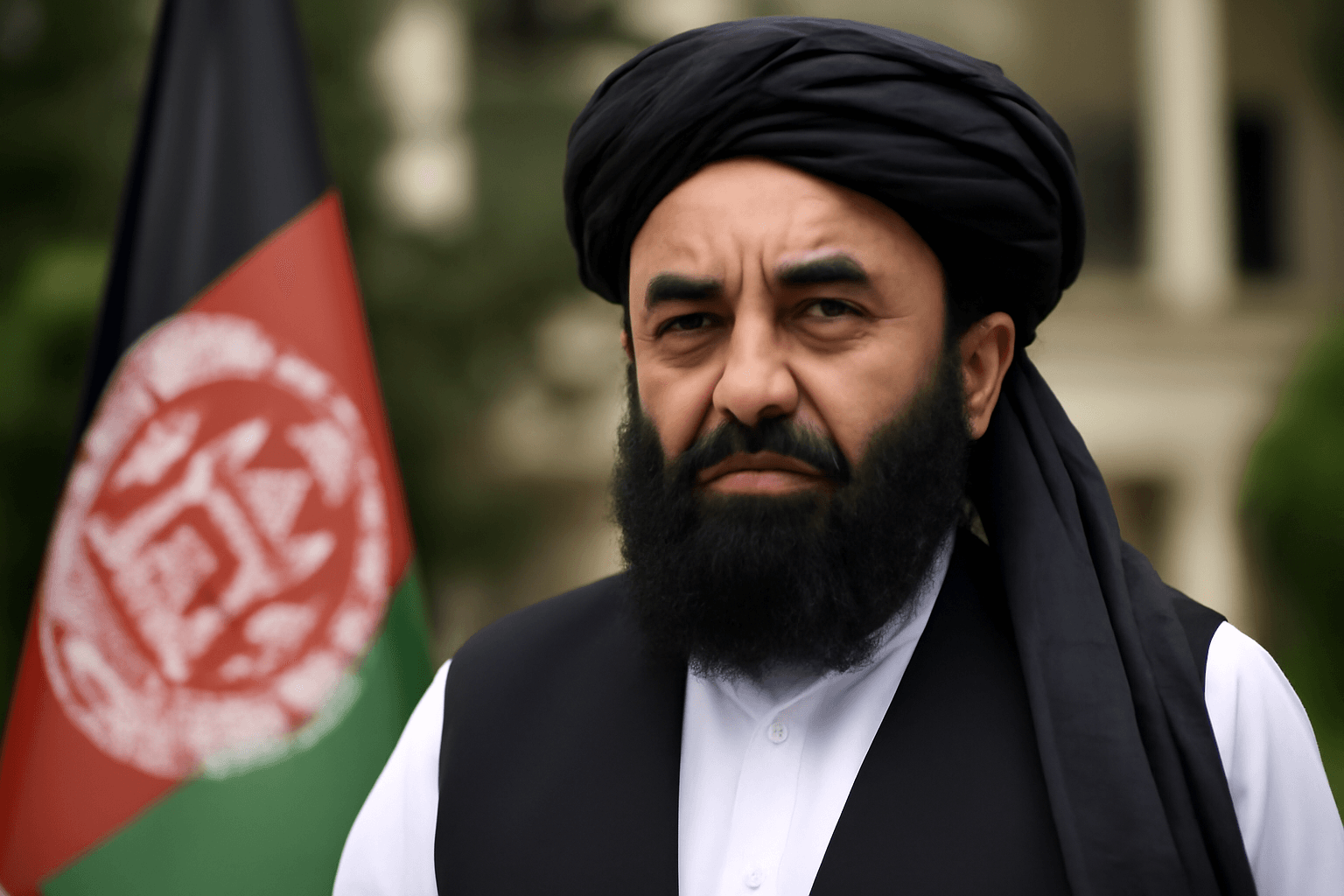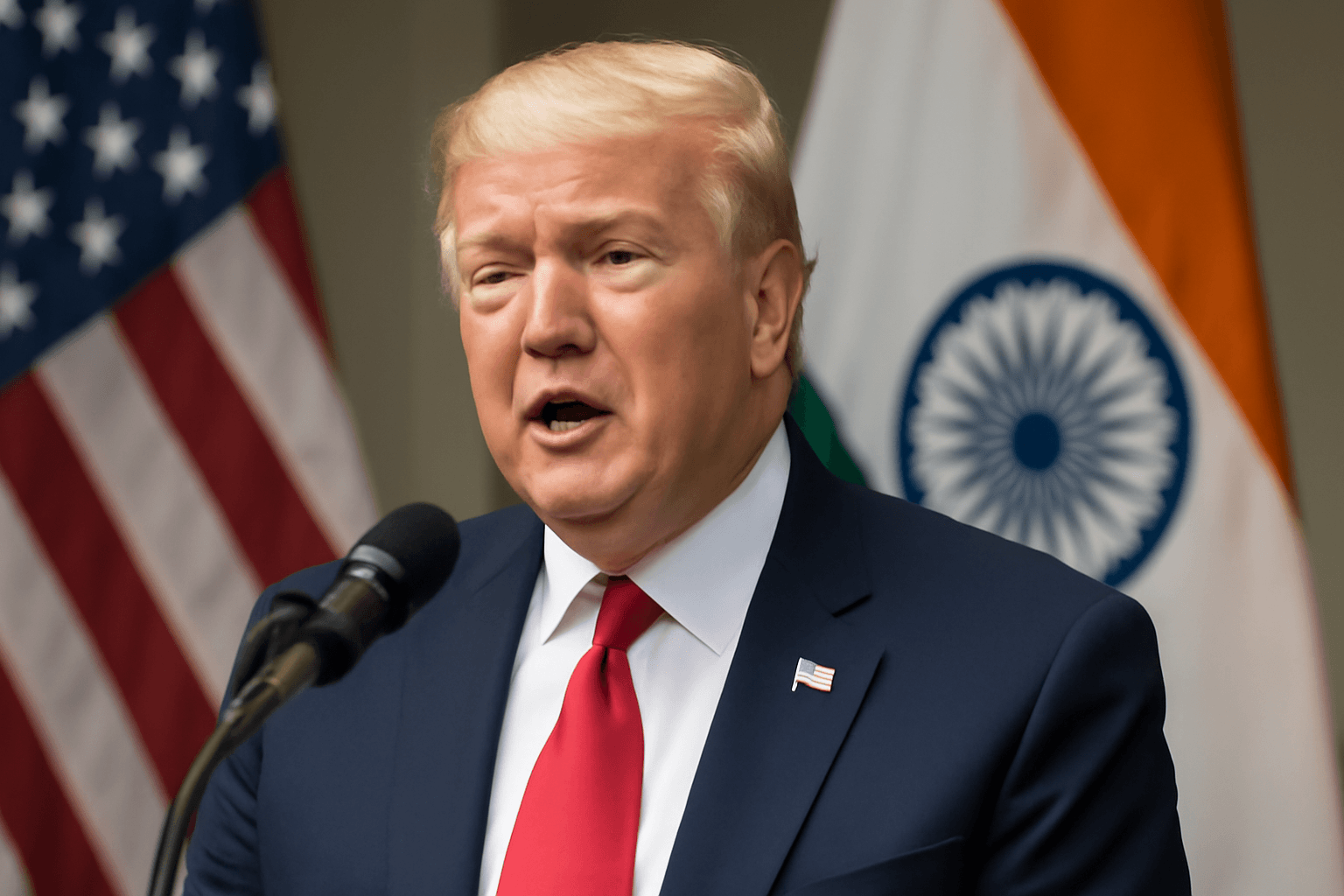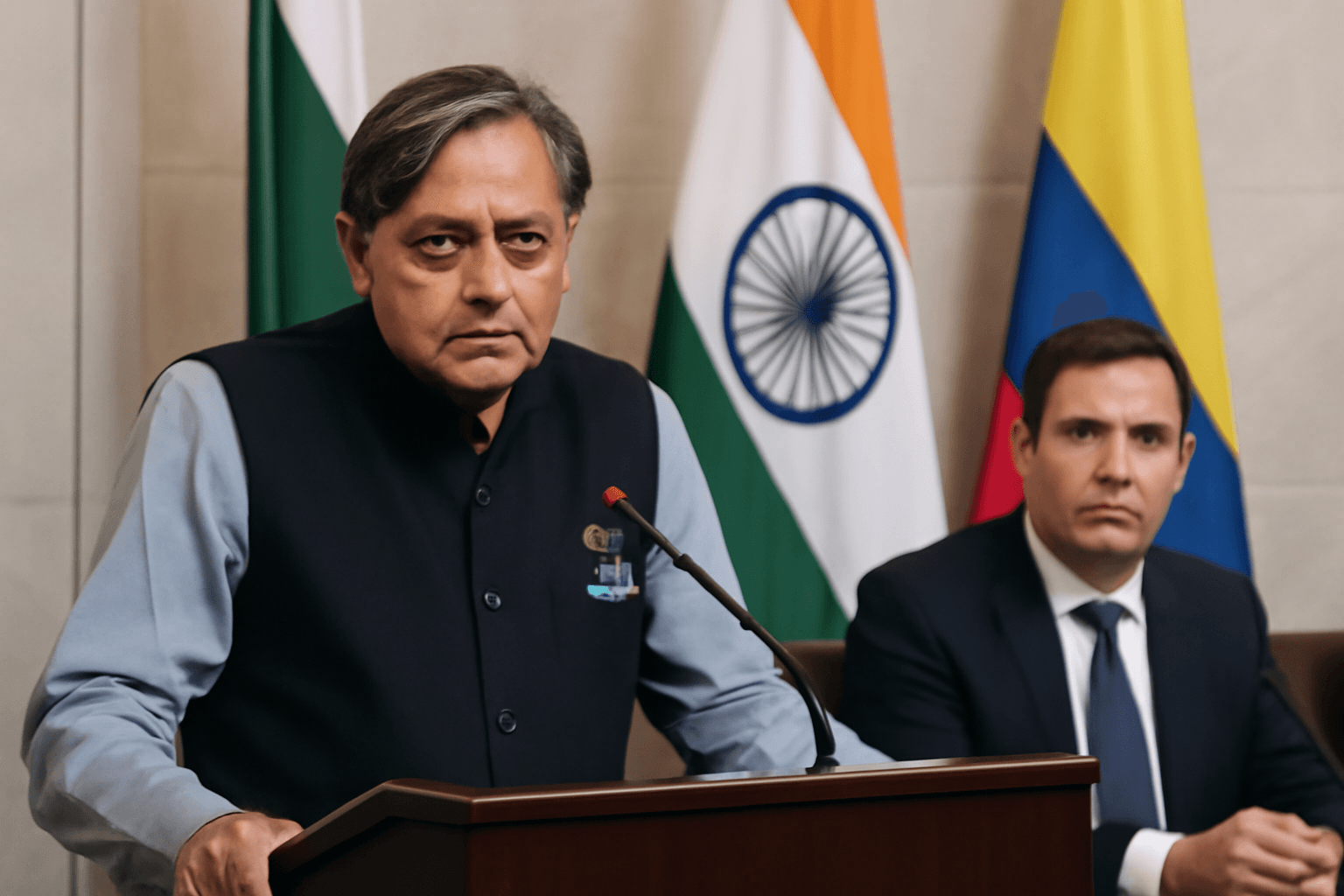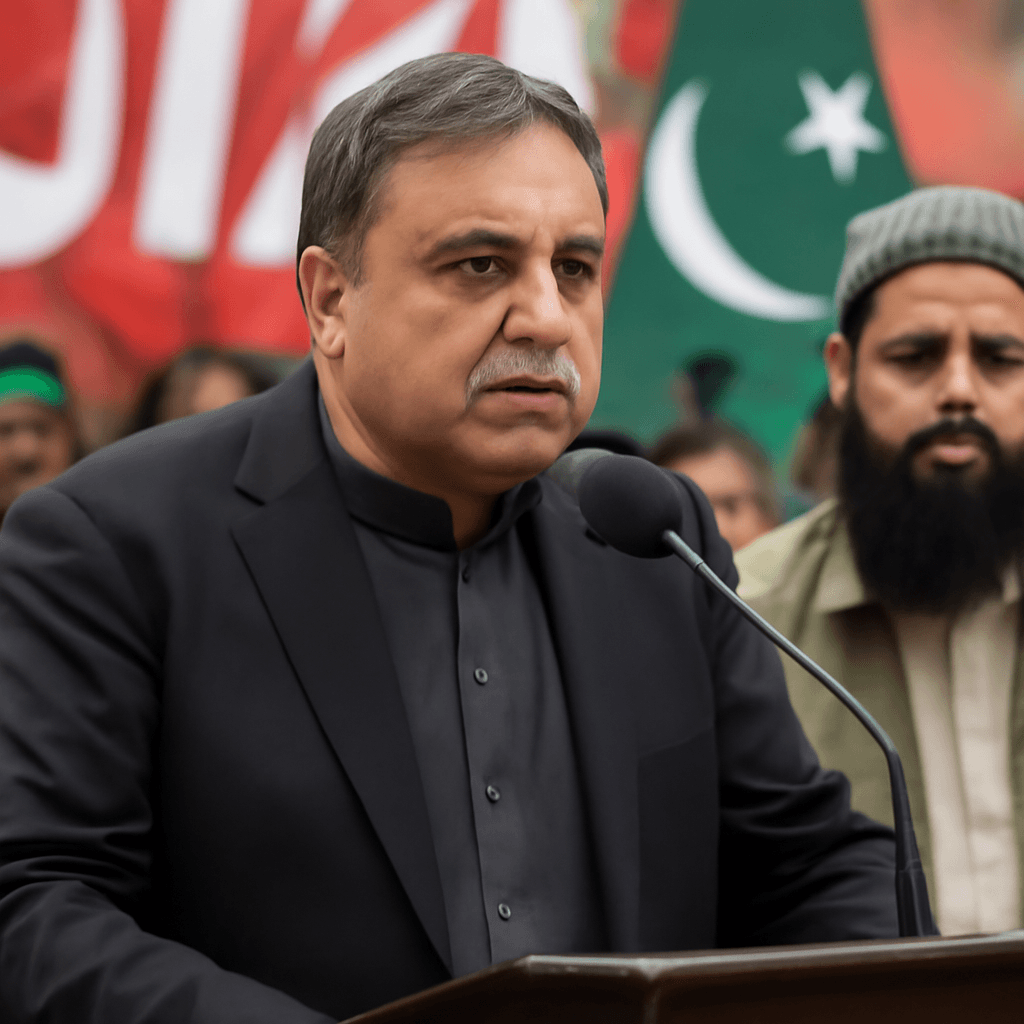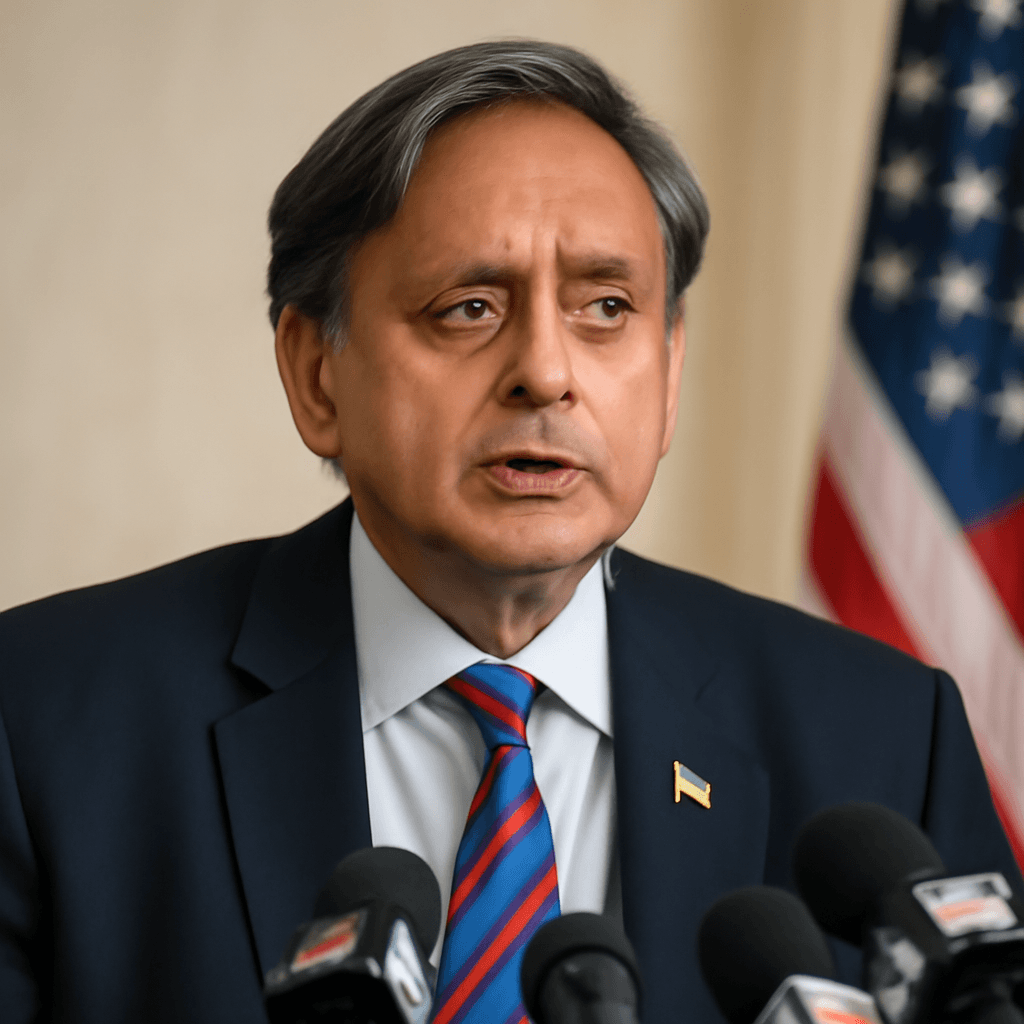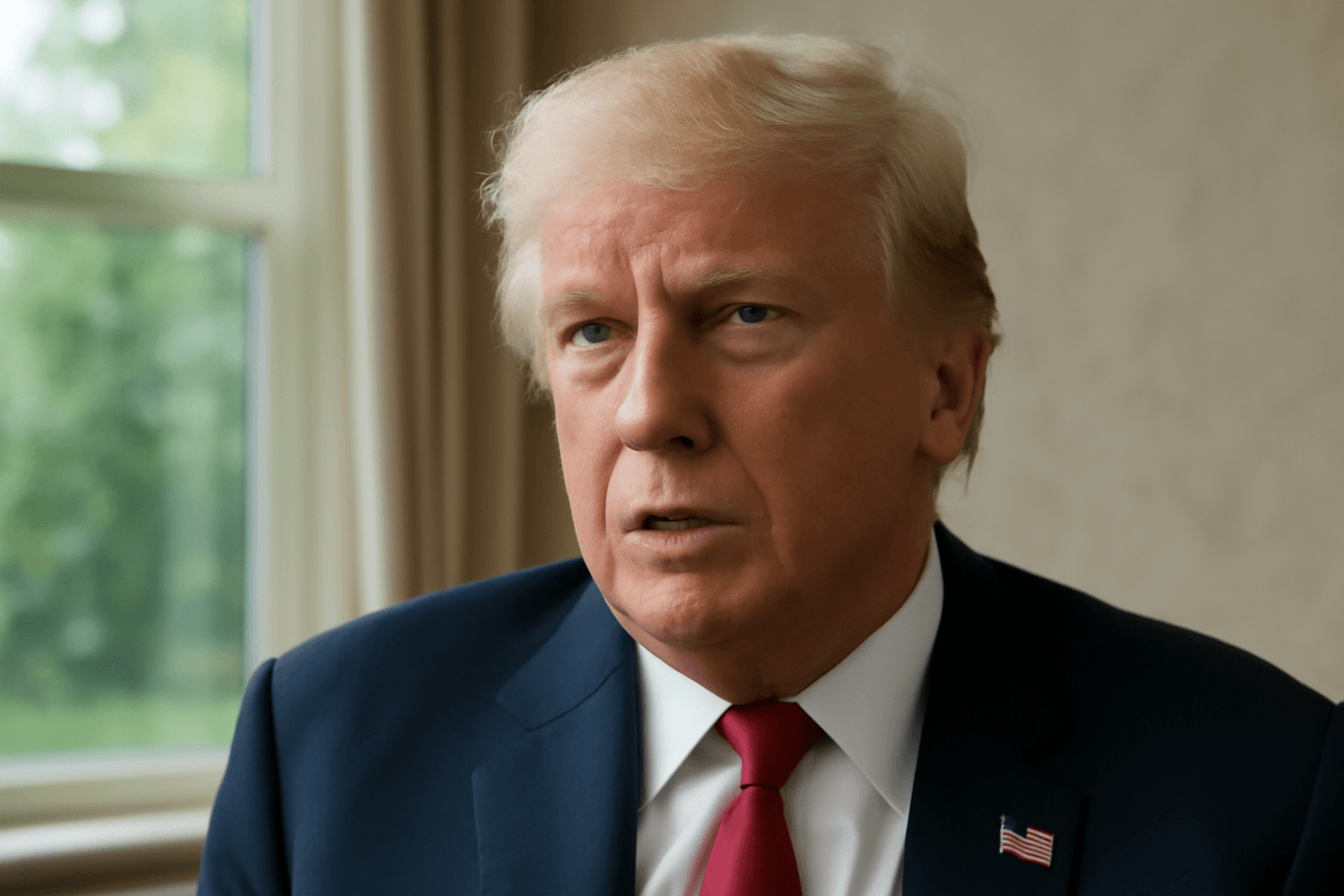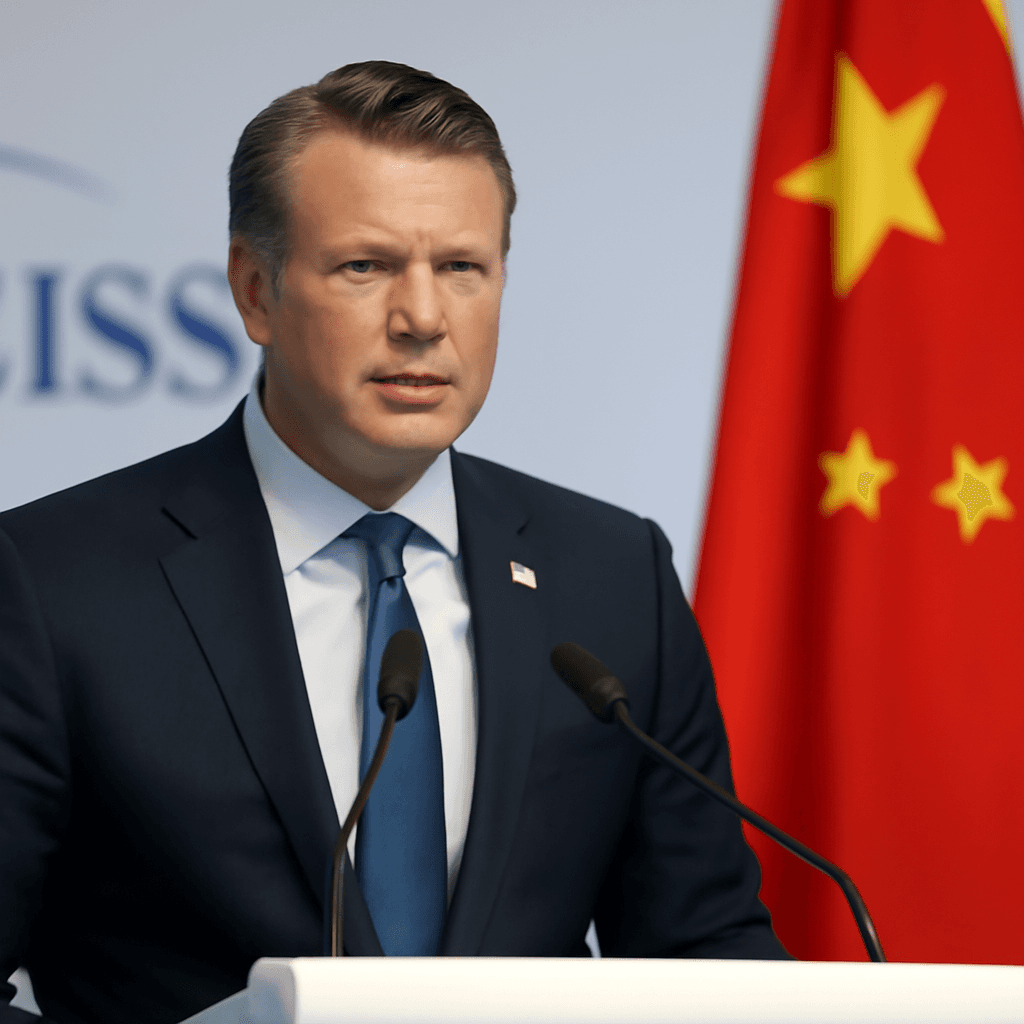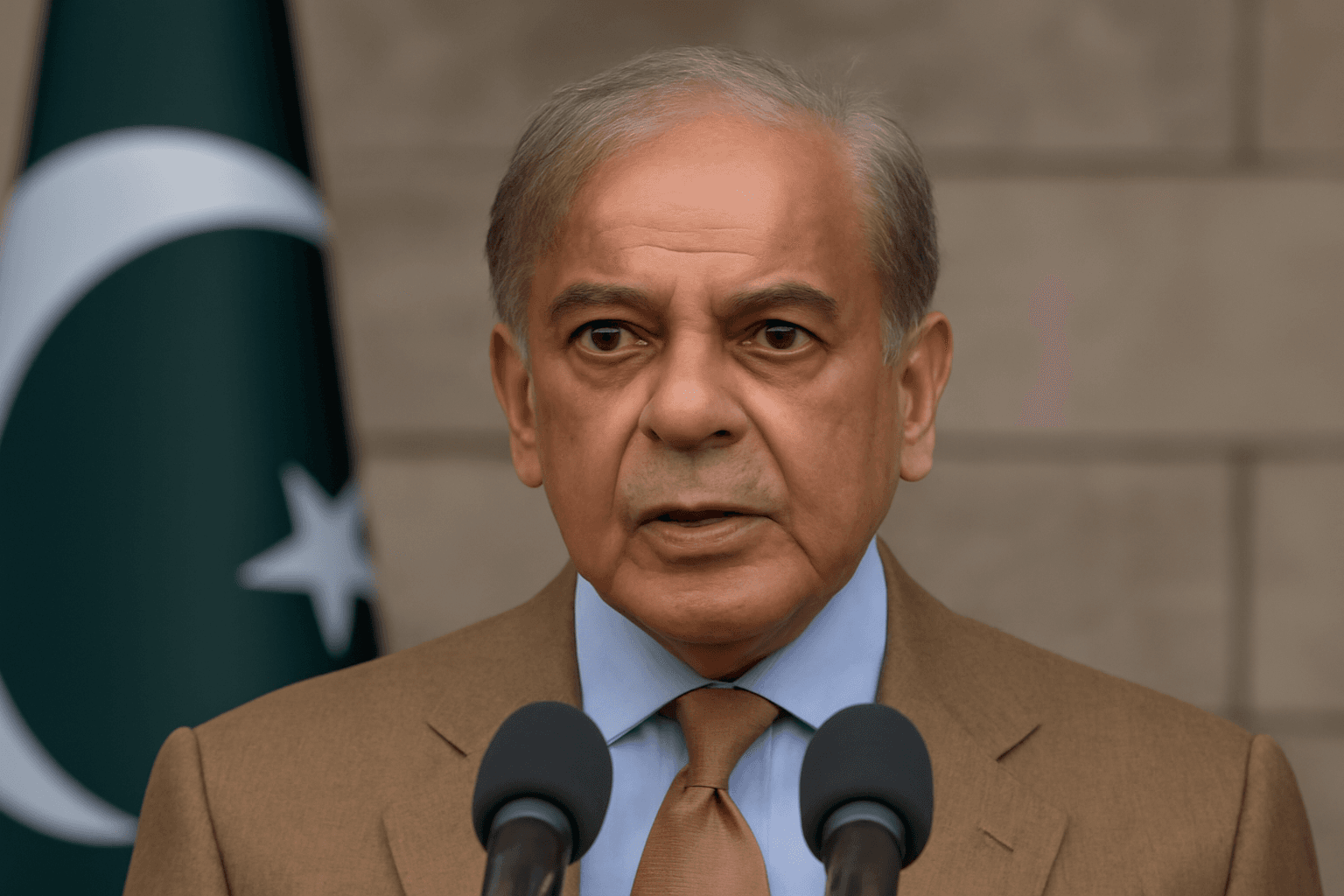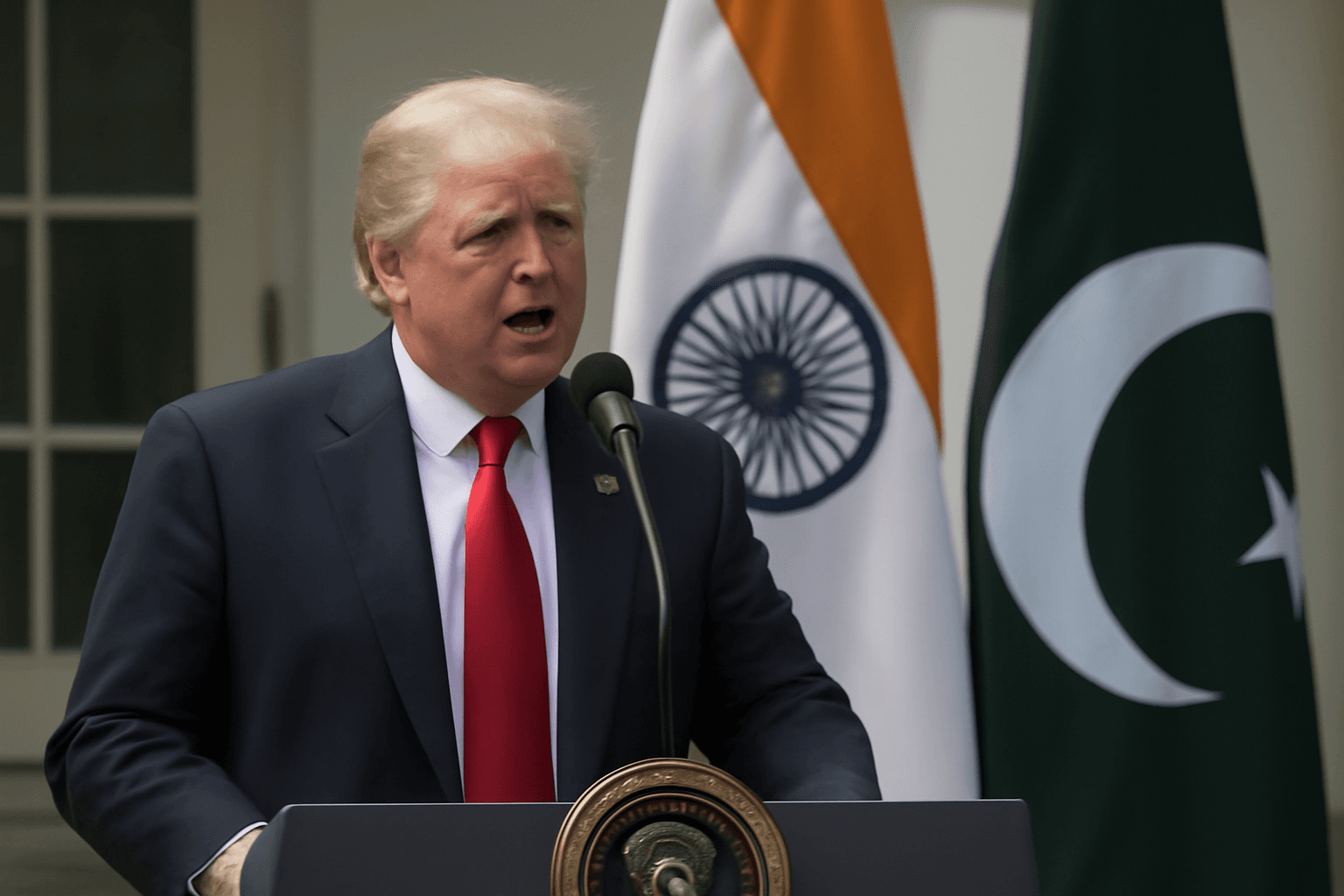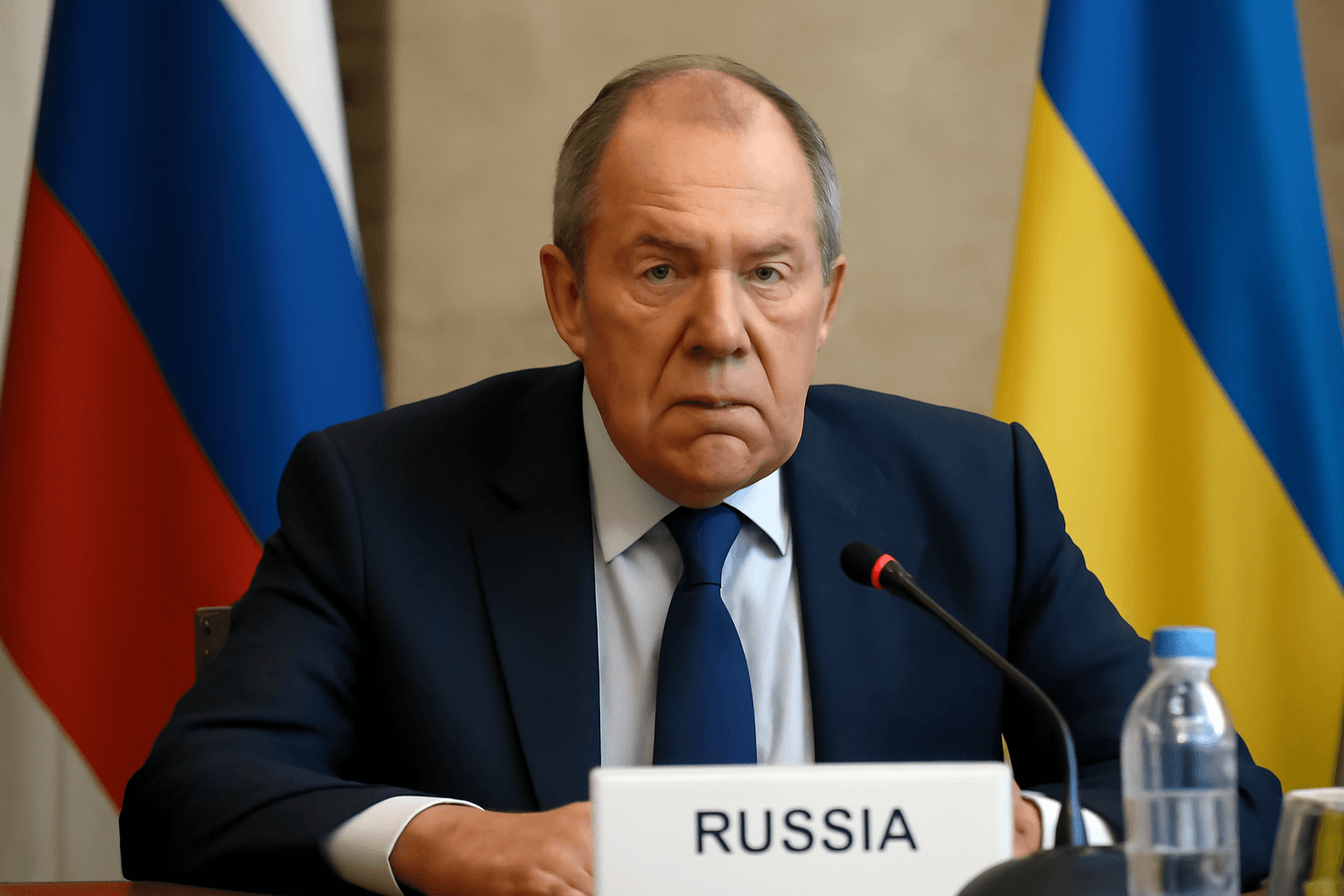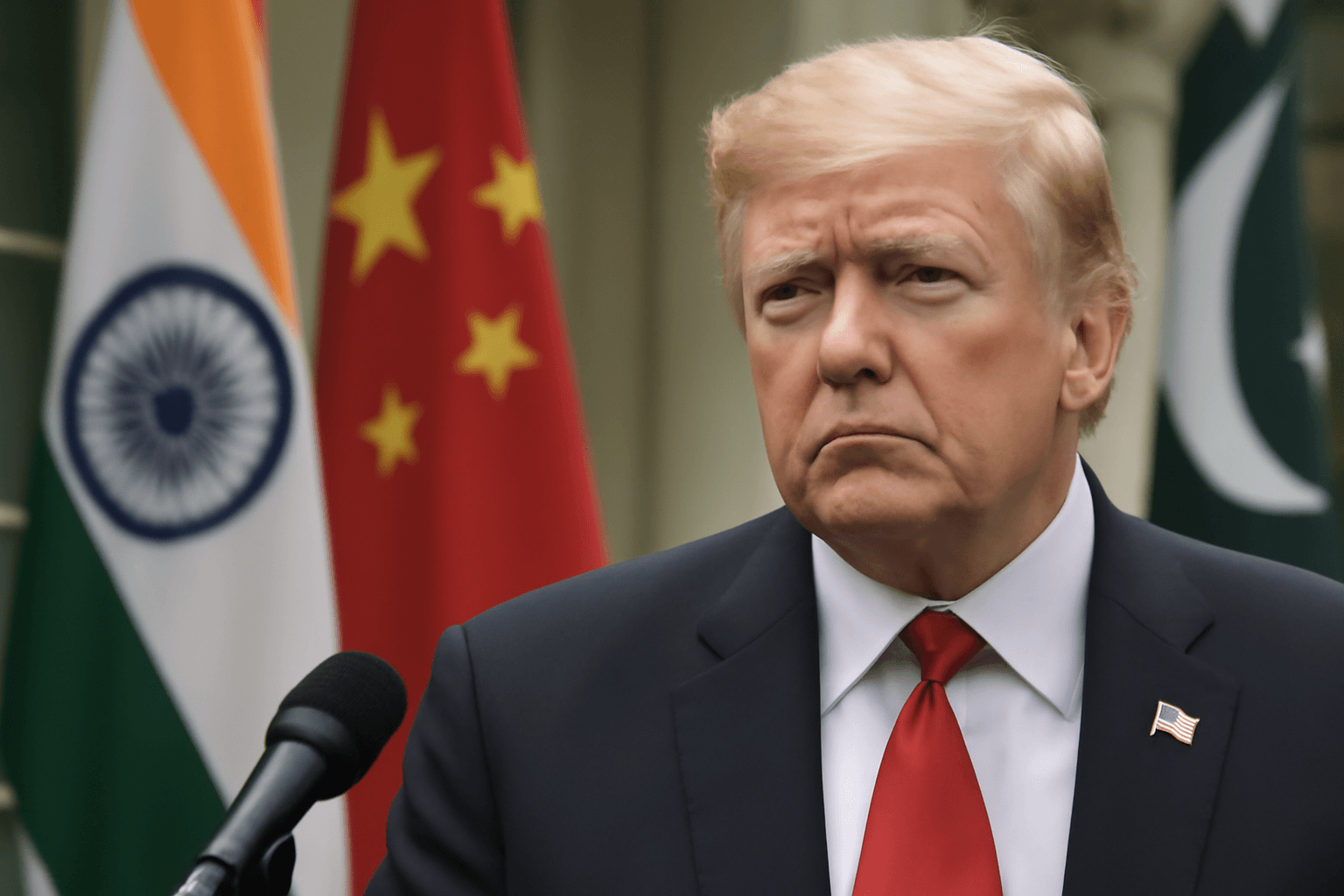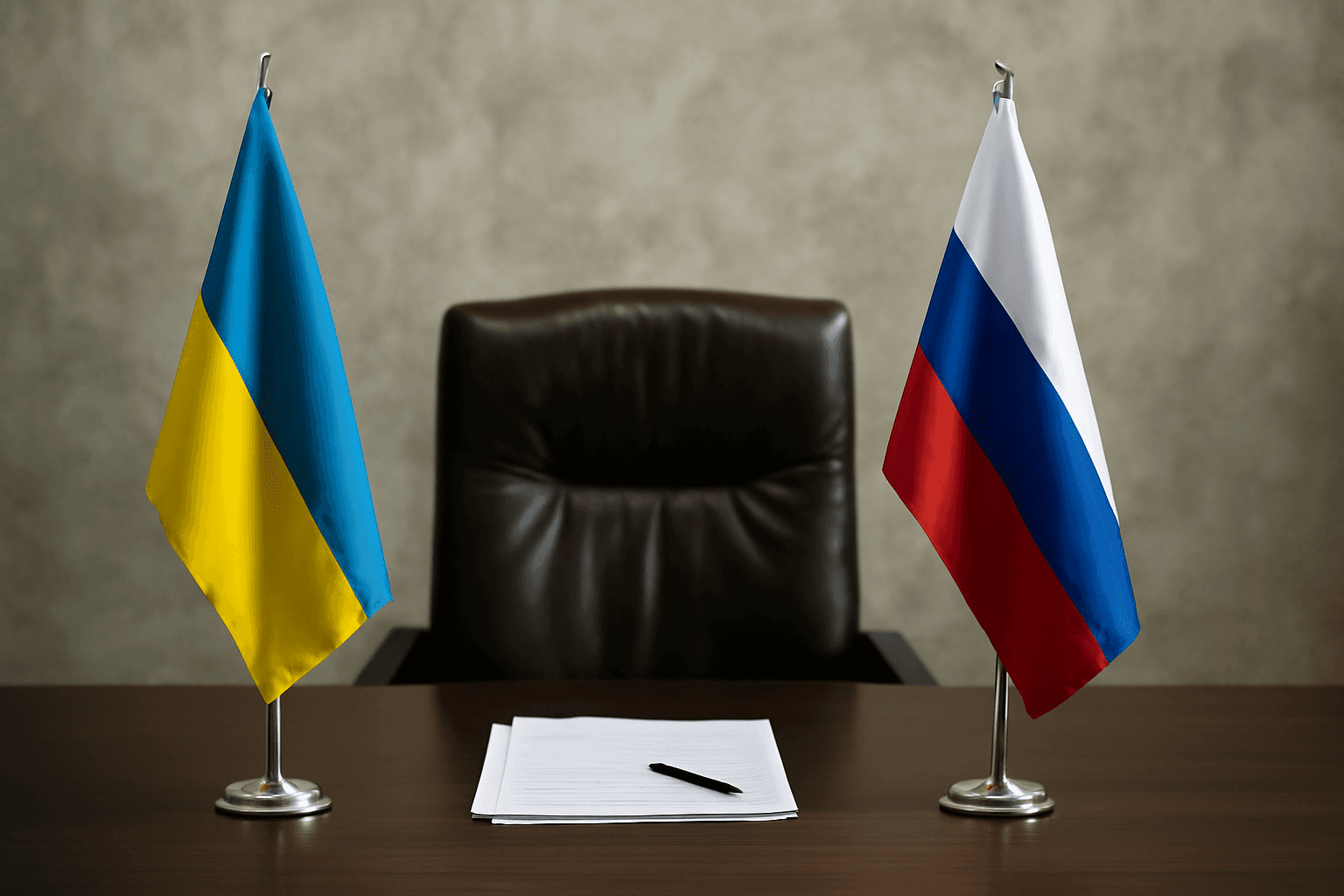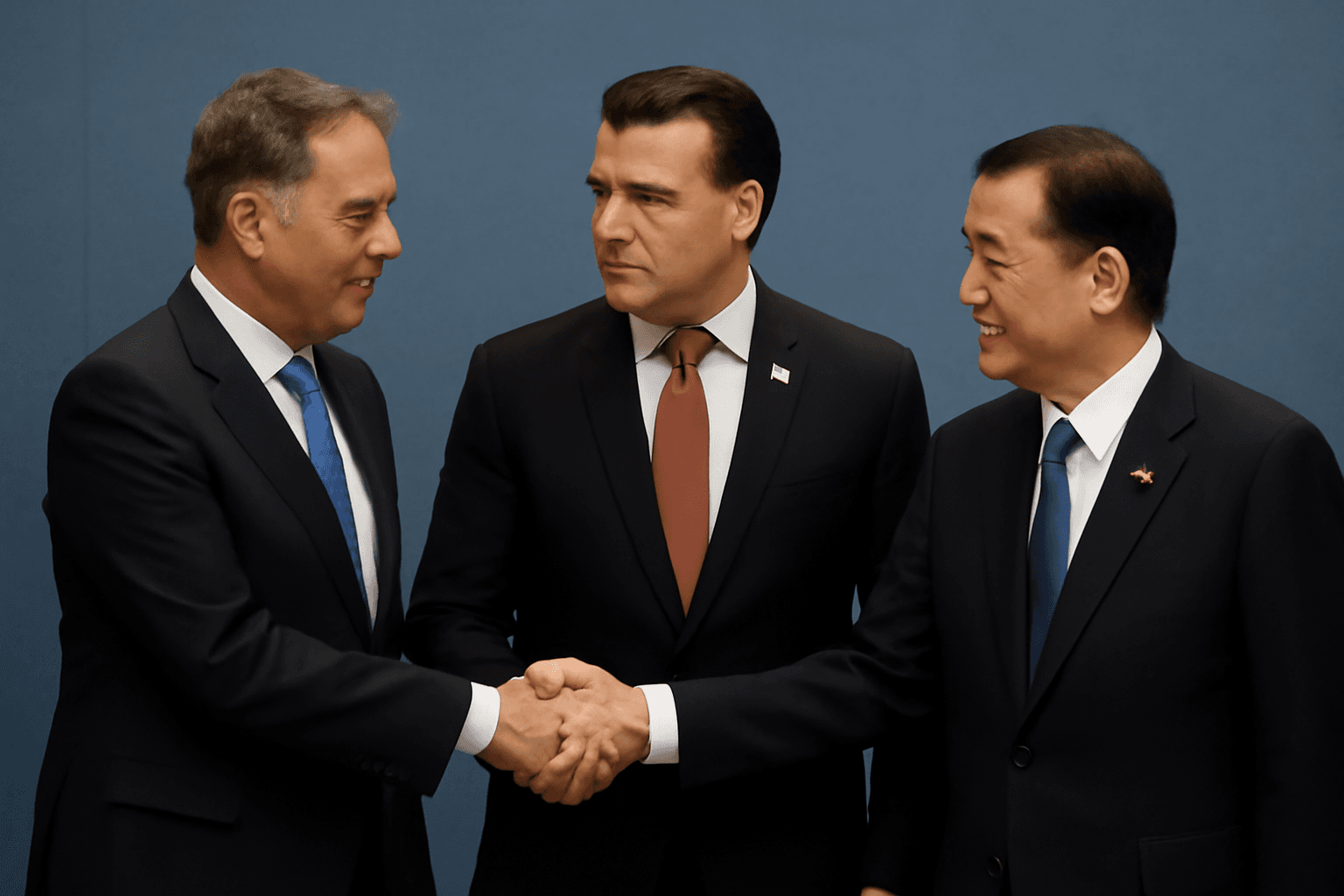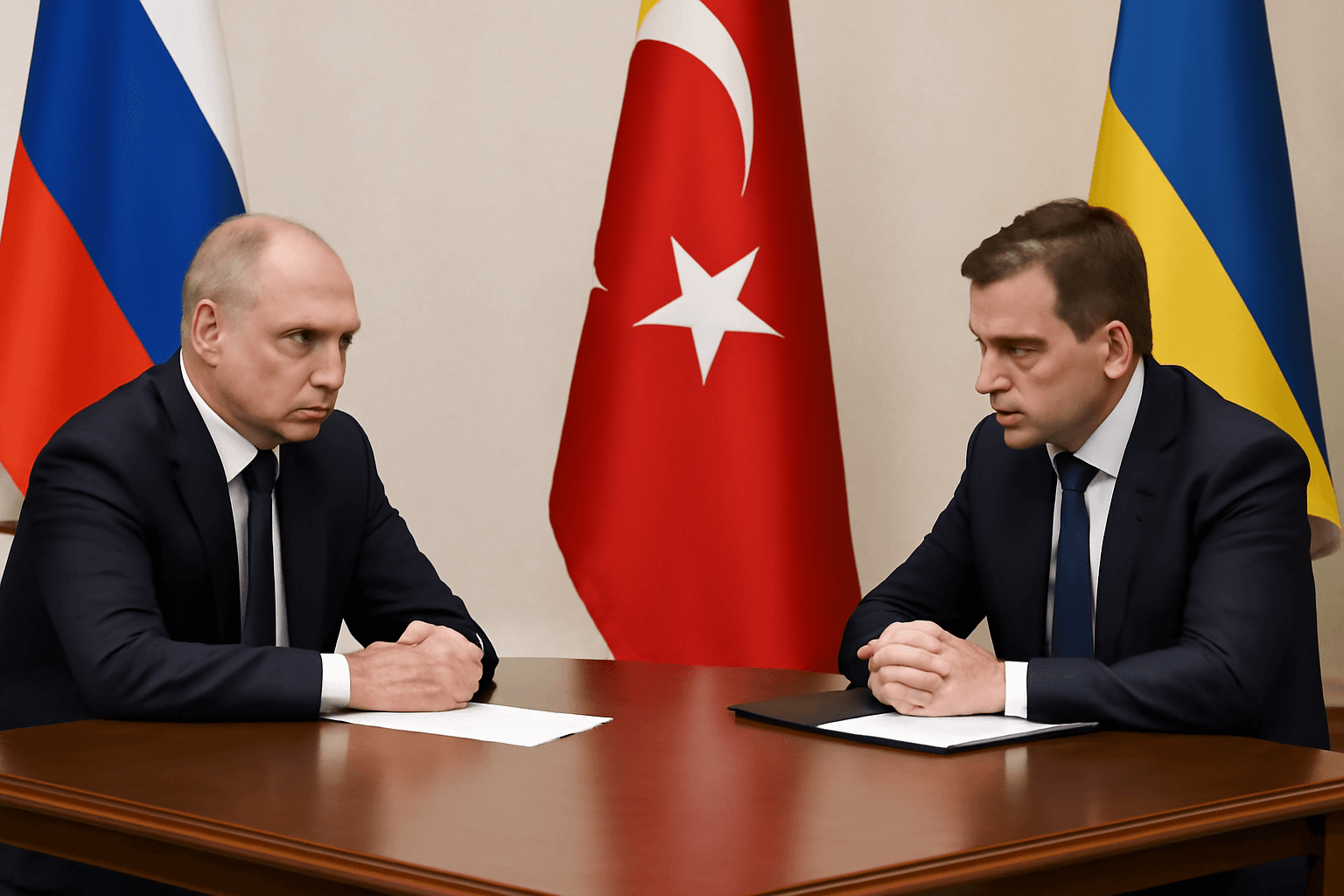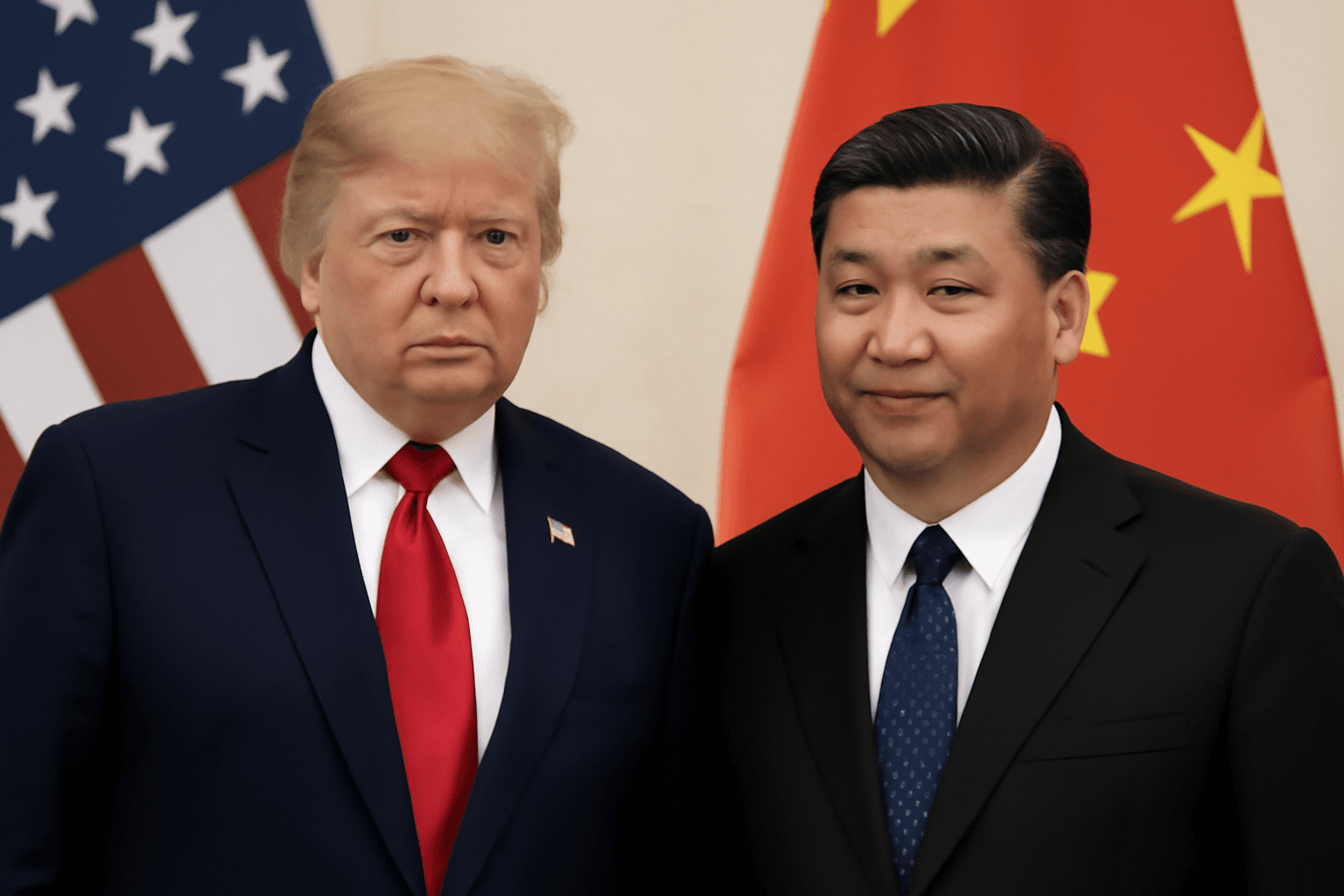Amid signs of de-escalation along the India-Pakistan border following their worst clashes in decades, a senior Pakistani military official has cautioned that the risk of future escalation remains significant.
General Sahir Shamshad Mirza, Chairman of Pakistan's Joint Chiefs of Staff Committee, offered his remarks during the Shangri-La Dialogue security summit in Singapore. He emphasized that although there was no nuclear weapons use during the recent conflict, the situation remains highly volatile with potential for strategic miscalculations.
“Nothing happened this time, but you can’t rule out any strategic miscalculation at any time, because when the crisis is on, the responses are different,” General Mirza said, highlighting that underlying tensions persist despite the current downtime. He noted that the recent fighting transcended the disputed Kashmir region and affected areas within each country’s mainland, marking a dangerous shift in conflict dynamics.
General Mirza confirmed that troop levels are being reduced on both sides, nearing pre-April 22 positions. However, he warned that the low threshold between these contiguous nuclear-armed neighbors could lead to wider conflicts beyond Kashmir in the future.
The latest hostilities began after an April 22 attack in Indian-administered Kashmir, which killed 26 civilians. India accused Pakistan-backed militants, a claim Pakistan denied. India subsequently conducted missile strikes on terrorist targets across the border on May 7, prompting reciprocal strikes from Pakistan and escalating military mobilization.
The four days of intense clashes involved fighter jets, missiles, drones, and artillery, resulting in the worst violence between the two countries in decades until a ceasefire was declared on May 10.
Despite a reduction in immediate tensions, Prime Minister Narendra Modi reiterated India’s readiness to target terrorist bases if new attacks occur. Both countries have a long history of conflict with three major wars fought, primarily over Kashmir, and ongoing claims and counterclaims regarding terrorism and self-determination support.
General Mirza warned of a dangerous trend indicating future confrontations might not be confined to Kashmir but could encompass broader territories. He also underscored challenges to international mediation, citing limited communication channels and the absence of formal crisis management mechanisms between the two militaries.
While Pakistan remains open to dialogue, formal talks have been limited to military-level hotlines. India maintains that any negotiations must focus on terrorism and Pakistan-controlled Kashmir, demanding the handover of terrorists.
General Mirza confirmed a lack of backchannel discussions and stated he had no plans to meet Indian counterparts on the sidelines of the summit, emphasizing that only formal consultations can resolve these complex issues.

